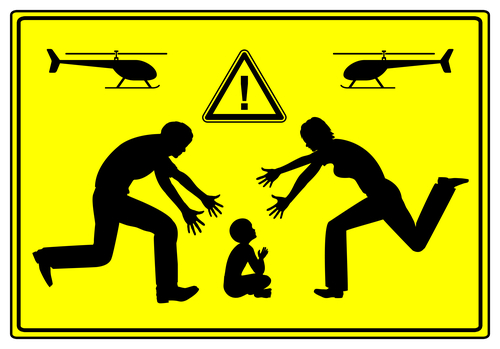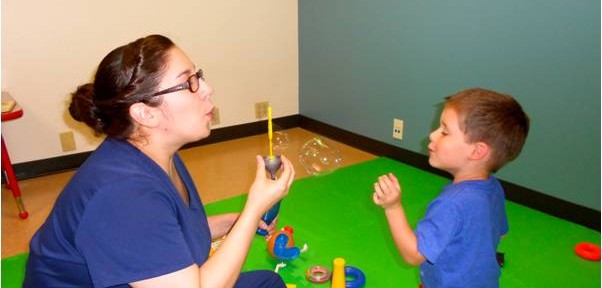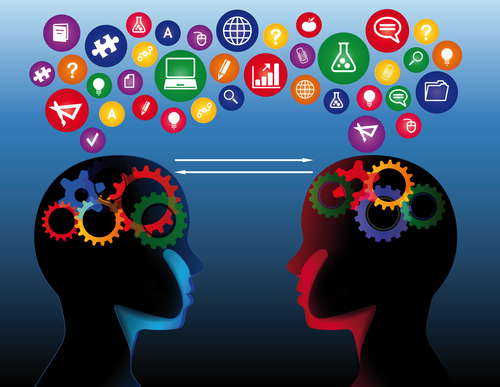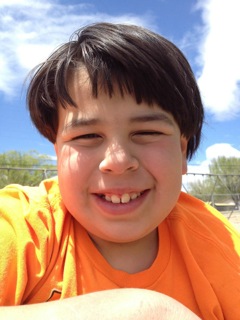Is Higher Education Ready to Support Students with Asperger’s? ~ Part 1
In 2013, to fulfill the requirements of my doctoral degree, I surveyed disability service professionals at 578 degree-granting, four-year public institutions of higher education. The survey was designed to determine the current readiness of higher education to support the academic, social and communication, and independent living needs of college students diagnosed with Asperger’s Disorder. 230 colleges participated in the survey.

The survey was designed around the Benchmarks of Effective Supports for College Students with Asperger’s Disorder, a checklist of efforts determined by experts as integral to effective college supports for this student population.
The 2012 study demonstrated college students with Asperger’s Disorder required specialized supports, and that disability services available traditionally on campus to this population were generally ineffective. The 2013 nation-wide survey explored, in part, whether or not colleges had specialized supports for this student population outside of traditional disability services.
The first research question addressed academic supports, and asked:
“What is the current state of readiness within higher education to meet the academic needs of college students with Asperger’s Disorder as described in the Benchmarks of Effective Supports for College Students with Asperger’s Disorder?”
The areas of support investigated and the results of the survey follow:
A graduate of Abilene Christian University, Jennifer had a long career in TV Broadcasting. Upon learning her oldest son Sam had a form of Autism called Asperger’s Syndrome, she left her career and became a full-time mother to both of her sons. Jennifer elicited the participation of her family and together they produced several independent programs including a children’s animated series titled Ameriquest Kids, as well as a documentary and book titled, Coping to Excelling: Solutions for School-age Children Diagnosed with High-Functioning Autism or Aspergers Syndrome. She formed the nonprofit Asperger101 to provide on-going free resources related to ASD at Aspergers101.com and has implemented the Texas Driving with Disability Program and continues to grow the statewide initiative today. She and her husband have recently retired to their property in the Texas Hill Country.












